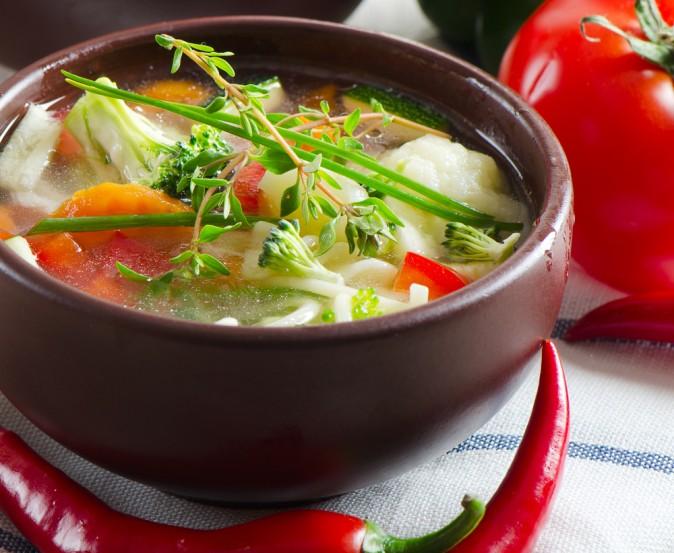Processed foods may be convenient, but they will not necessarily save you money—especially not if you count the cost of added healthcare expenses down the road when a poor diet starts catching up with you.

Shutterstock*
|Updated:
Dr. Joseph Mercola is the founder of Mercola.com. An osteopathic physician, best-selling author, and recipient of multiple awards in the field of natural health, his primary vision is to change the modern health paradigm by providing people with a valuable resource to help them take control of their health.
Author’s Selected Articles





